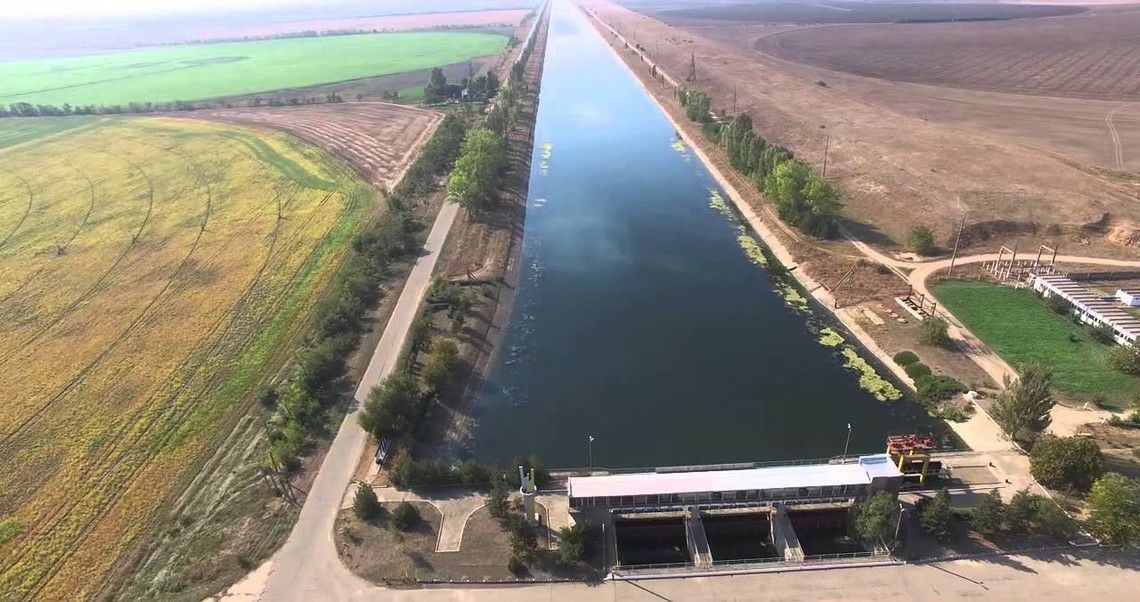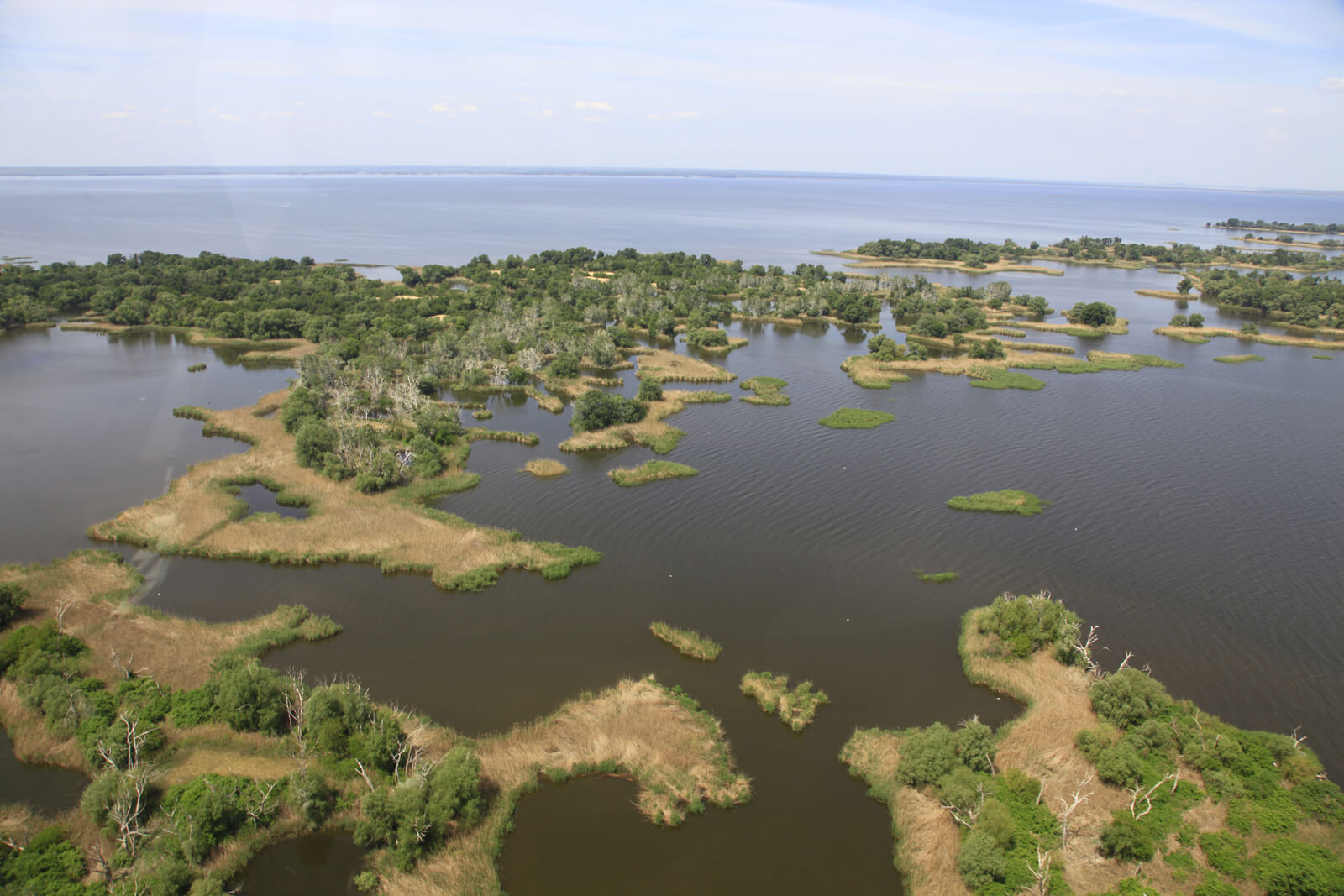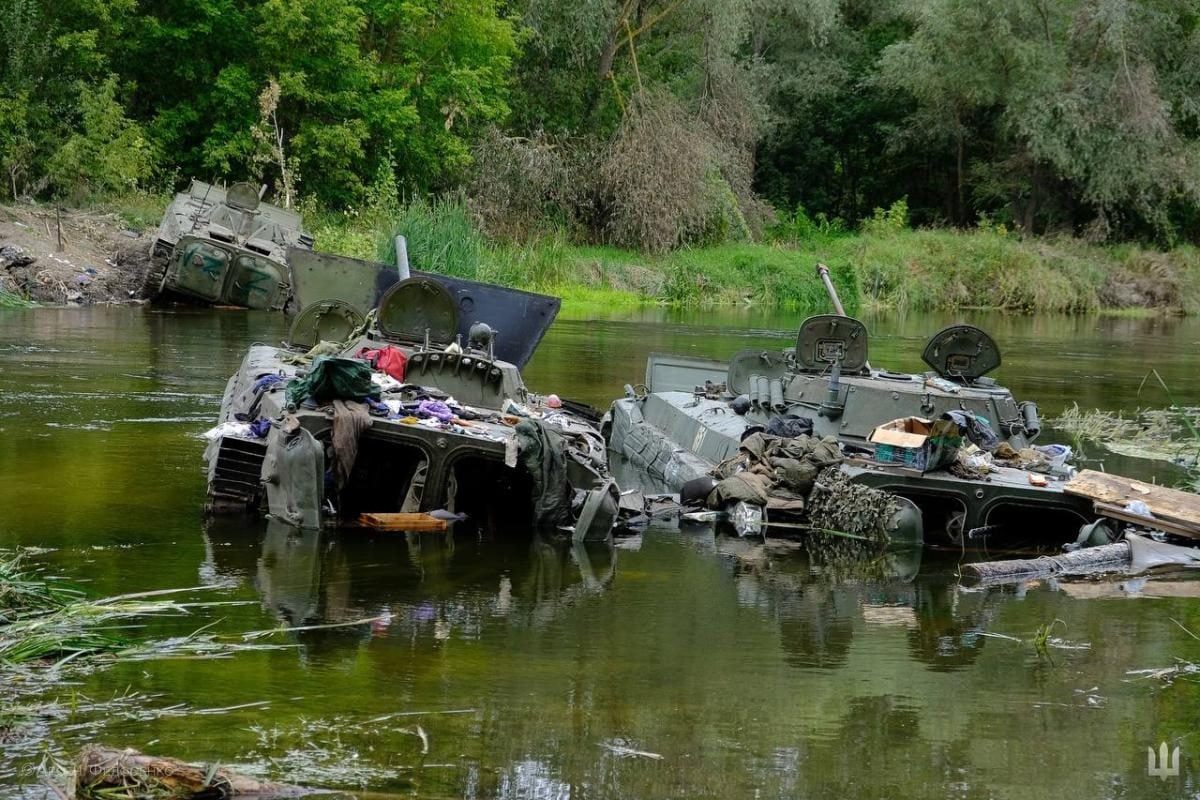by Vera Kuzmina
Translated by Nick Müller
This April, the Prosecutor General’s office recognized the Norwegian environmental organization Bellona as an “undesirable organization” in Russia. According to these officials, “the organization’s activity is aimed at undermining the Russian economy, discrediting the domestic and foreign policy pursued by government authorities, and destabilizing the socio-political situation”, all of which pose a threat to the foundations of constitutional order and Russia’s security. The organization was just one year shy of celebrating 30 years of activity in Russia. UWEC Work Group explains what Russia has lost by forcing the organization to leave.
Two days after the announcement of the organization’s “undesirable” status, Aleksandr Nikitin, founder and leader of Bellona Russia commented, “Now none of this makes any sense. It’s all null and void.”
Bellona’s founding
Bellona began its work in Russia in 1994, opening its first branch office in Murmansk. The branch dealt with nuclear waste and nuclear-powered submarines, sunk and abandoned in northern seas. Based on open sources including in mass media, organization experts issued a report entitled “Sources of radioactive pollution in Murmansk and Arkhangelsk Oblasts”, also known as “The Black Book”.
In 2001, retired first rank captain and author of the Bellona report Aleksandr Nikitin wrote:
In March 1994, information was made public, and, in fact, saved the Arctic from nuclear catastrophe. A report from Bellona, an organization little-known outside Norway, contained data hidden by the Soviets and then Russian military forces for many years. The secret consisted of roughly 150 decommissioned nuclear-powered submarines (NPS) berthed at Northern Fleet naval bases “until better times”, along with spent nuclear fuel. The problem was that these NPS rust very quickly, and their dangerous contents – undischarged reactors – could leak into the Barents and White Sea at any moment.
The next “Blue Report” or the “Northern Fleet” report was issued in 1995, again with Nikitin as lead author.
In the 1990s, approximately 70% of the Northern Fleet’s nuclear-powered submarines were decommissioned and left awaiting disposal. On most of these ships, nuclear fuel remained inside the reactors. Despite this, the ships were ignored. The fleet’s employees waited for their salaries to be paid for months, there was risk of social unrest, spontaneous flooding of ships, and eventual ecological disaster.
Russian intelligence services didn’t like the report, and Bellona’s work in Russia essentially halted between 1995 and 1999. The report’s lead author Alexander Nikitin was accused of disclosing state secrets. While Nikitin’s trial was underway, international negotiations on safety programs for decommissioned nuclear submarines got underway.
As a result, the first such initiative aimed to abate Lepse floating maintenance base, which for many years served as a storage facility for spent nuclear fuel (SNF) and radioactive waste. Its accidental flooding could have caused large-scale radioactive contamination.
In 1995, after a series of seminars, the EU included the Lepse into international programs seeking to ensure nuclear facility safety. This was followed by almost ten years of international negotiations about the fate of Lepse, a process in which Bellona took part. During this time, the ship’s hull was strengthened, and its waste was sealed off with concrete mortar to prevent leaks. It was only in 2012 that the European Bank for Reconstruction and Development (EBRD) allocated funds to transfer the Lepse to the Nerpa naval shipyard, where specialists began the final removal of the vessel’s SNF. The EBRD-managed program was financed by the NDEP Nuclear Window, an international fund with contributions from Belgium, Canada, Denmark, the European Union, Finland, France, Germany, the Netherlands, Norway, and the United Kingdom.
In 2000, the Russian Supreme Court found Nikitin not guilty. To date, this is the only legal case in Russia to acquit someone for a charge of treason.
After 2000, Norway began to allocate money for the disposal of old submarines, followed by subsequent financial support from the EU.
Over 30 years of Bellona’s work in Russia, foreign countries have sent more than $2.5 billion to address the issues of SNF and submarines. More than 100 old nuclear submarines have been converted from “ticking time bombs” into safe facilities, and the Lepse floating base was mothballed and is no longer considered a threat.
In 1998, Bellona opened a second branch office in St. Petersburg with additional mandates beyond nuclear waste. Staff there also dealt with public environmental rights and began to assist in protecting them, conducted seminars, and published brochures that helped people understand Russian and international laws related to environmental conservation.
Over time, Bellona expanded the geographic scope of its projects. Its staff began to study the safety of nuclear industry facilities, closed and tightly controlled institutions known for major accidents. One of the most significant cases was the 1957 accident at the Mayak plant in Chelyabinsk Oblast. Bellona employees also monitored the environmental situation at a mining and chemical plant in Zheleznogorsk and at Siberian Chemical Plant in Seversk. Both enterprises supplied the Russian nuclear industry with equipment and materials.
In 2005, the “Red Report” or “Russian nuclear industry: need for reform” was released. Bellona specialists reported that the report could be found on the desks of many of Rosatom State Atomiс Energy Corporation’s (ROSATOM) top managers. A few years later, Bellona representative Alexander Nikitin joined ROSATOM’s Public Council.
In 2011, the law on “Management of radioactive waste” was adopted. This new law required that all radioactive waste located inside Russia be stored in disposal facilities or secured safely. In 2019, ROSATOM was entrusted with new tasks of handling Class I and II hazardous waste. An Environmental Commission was established under ROSATOM’s Public Council. It included two working groups: one to manage radioactive waste and another to manage Class I and II hazardous waste. The commission was headed by Alexander Nikitin, general director of Bellona at the time.
Bellona’s website notes that, “Since Bellona began its work in Russia, the organization has engaged with more than 15,000 students in environmental legal work, provided free legal assistance to thousands of ordinary Russians and organizations, conducted more than 800 environmental courses for more than 16,000 Russian schoolchildren, and published over 10,000 articles and over 100 reports on environmental problems and solutions. 30 of these reports dealt with issues regarding nuclear safety. Bellona has also published 84 issues of its environmental journal Ecology and Rights.
Bellona’s exit
After Russia’s invasion of Ukraine, Bellona closed its offices in Russia and moved a portion of its employees from Russia to Vilnius (Lithuania). The decision had been made earlier in 2022, so when the organization was recognized as undesirable, no employees remained in Russia.
As Nikitin clarified, after the start of the invasion, he left ROSATOM’s Public Council. After moving to Lithuania, Bellona staff continued to publish their magazine and write articles about the situation in Russia.
“We didn’t think we could possibly be labeled an ‘undesirable’ organization. In the 14 months since the war started we have been developing strategies and plans and updating the website. We are not particularly active, especially in political terms. The undesirable status was unexpected,” recalls Nikitin.
According to a number of experts interviewed by UWEC, restriction of Bellona’s activities in Russia came in response to Norway’s expulsion of Russian diplomats on 14 April. Bellona is not the only environmental organization deemed undesirable. In 2022, this status was given to the Heinrich Böll Foundation’s Moscow branch office, which operated in Moscow for over two decades. The first environmental NGO to be declared “undesirable” (in 2018) was Pacific Environment (known as PERC in Russia), which had also worked in Russia since the 1990s.
In Bellona’s case, “this was most likely a retaliatory measure, although it is not clear why the sanctions were applied to environmentalists and not diplomats,” explained a source familiar with the situation.
“Everything written by the Prosecutor General’s Office to explain the reasons for assigning Bellona this status is a story not about us, but about something else,” commented Nikitin.
Primarily dictated by the political situation, the actions of the Prosecutor General’s office led to attempts to conceal from public view in Russia important documents and reports relating to SNF and the Northern Fleet submarines still rotting at their berths. Also, Russian citizens will be unable to access Bellona’s large library of its publications on environmental rights. Access will also be lost to the Ecology and Law journal, distributed to subscribers across Russia until now. Additionally, Russian journalists will not be able to seek comment from Bellona experts, leaders in the topic of nuclear waste and environmental rights.
This situation will lead to distortion of the situation, particularly on subjects where Bellona has engaged. The exit of an international organization representative from ROSATOM’s Public Council puts other members of the council in a vulnerable position and makes it easier for ROSATOM staff to avoid uncomfortable questions.
How Russian citizens can continue to use Bellona materials
“These materials can be read. No one will punish you for this, but posting links to our materials or quoting them anywhere is now an administrative offense, and repeat offenders are threatened with criminal prosecution, ” notes the organization’s website.
In Russia, there is no statute of limitations on liability for social posts with links to Bellona or for citing Bellona materials. To avoid liability, links should be removed in social media. Even PDF versions of Bellona materials are not permitted to be distributed.
For first-time offenses, the fine can range from 5,000-15,000 rubles. In the case of repeated offenses, Article 284.1 of the Criminal Code can come into play, threatening imprisonment of up to four years. Compulsory work, freedom restriction, or a fine of up to 500,000 rubles may also be handed down. Much depends on the investigation and particular judge overseeing a given case.
Bellona’s lawyers specifically noted that there is not yet any legal precedent for prior cooperation with undesirable organizations. Wearing T-shirts, carrying bags, flash drives, or thermoses with the Bellona logo is no longer allowed in public, and their distribution could potentially result in prosecution.
“Things have completely changed over the last 14 months. Today, we cannot assess or predict from a pre-war perspective. Whether ROSATOM will continue its “greening” course or become closed-off is a question without an answer. ROSATOM remains a state-owned company in a country at war. Ecology is hardly a wartime priority,” Alexander Nikitin commented.
Main image source: Radio Free Europe








Comment on “Bellona: Undesirable openness and the sanctions war”